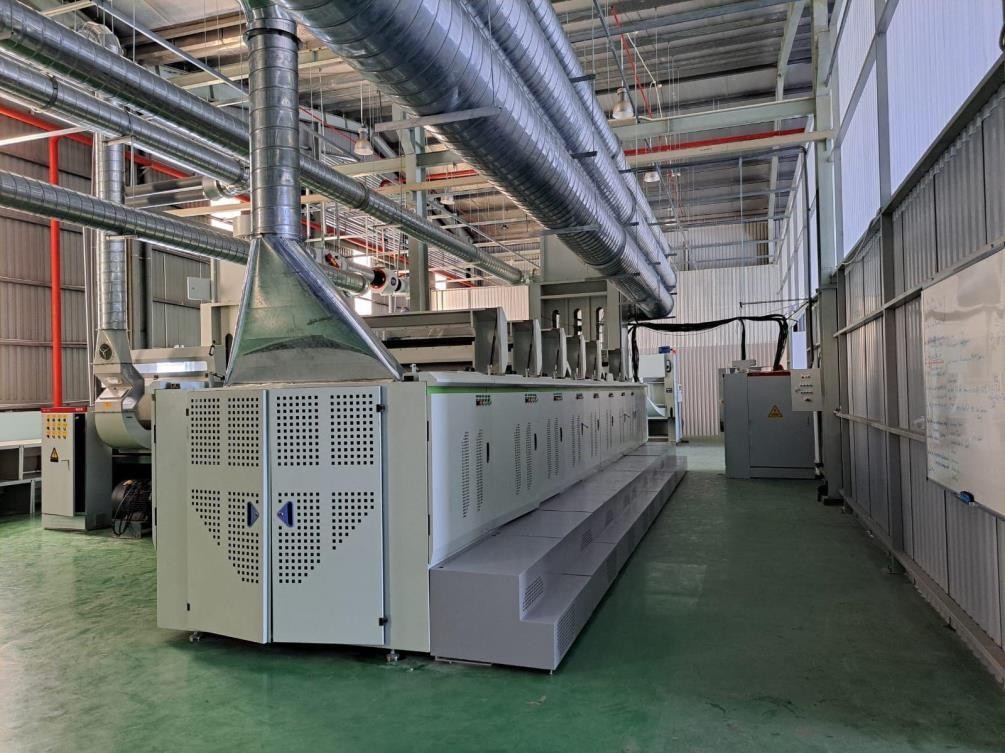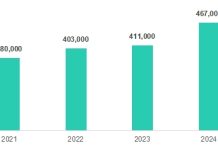
NEXTEVO, a Singapore-based materials science startup, proudly announces the launch of its cutting-edge production facility in Dong Nai province, Vietnam. This innovative facility transforms pineapple leaf fiber (PALF) into ready-to-spin (RTS) fiber using NEXTEVO’s efficient mechanical process, marking a significant step towards scalable and sustainable textile production.
Agricultural activities contribute 21% of global greenhouse gas emissions, with improper disposal of agricultural waste like unutilised pineapple residues adding to this problem. The fashion industry also accounts for 10% of global carbon emissions. NEXTEVO’s expansion aims to mitigate these environmental impacts by converting agricultural by-products into eco-friendly textile materials.
Vietnam, the third-largest textile exporter globally, offers an ideal location for NEXTEVO’s facility. Situated in Dong Nai, the facility benefits from proximity to major seaports, Ho Chi Minh City, and vertically integrated textile manufacturers, enhancing cost efficiency and reducing emissions from transportation. NEXTEVO sources pineapple leaf fiber from the Philippines, Indonesia, East Africa, and soon, Vietnam and India, ensuring a steady supply of raw materials.
Unique Advantages of Pineapple Leaf Fiber
Pineapple leaves, a byproduct of fruit cultivation, require no additional land, water, or fertilizers, minimizing environmental impact. The fiber is compostable, biodegradable, skin-friendly, and breathable, making it ideal for innovative fashion and textile materials.
NEXTEVO offers customizable products, including Pineapple RTS fiber, blended yarn, and blended fabric, catering to diverse applications in apparel, accessories, footwear, home textiles, and automotive interiors.
“The compelling story and benefits of pineapple fiber will surely resonate with consumers and brands alike,” said Harold Koh, Founder and CEO of NEXTEVO. “We are excited to unveil this sustainable fiber to the textile industry, as we can produce it at scale in our facility to serve our customers consistently.”
NEXTEVO is dedicated to creating a sustainable network connecting suppliers, retailers, and customers, improving the livelihoods of farming communities in the Philippines, Indonesia, and East Africa.
The company plans further expansions in Vietnam and India and aims to cut its carbon footprint in half by 2028. NEXTEVO also plans to incorporate other sustainable natural fibers in the future.














